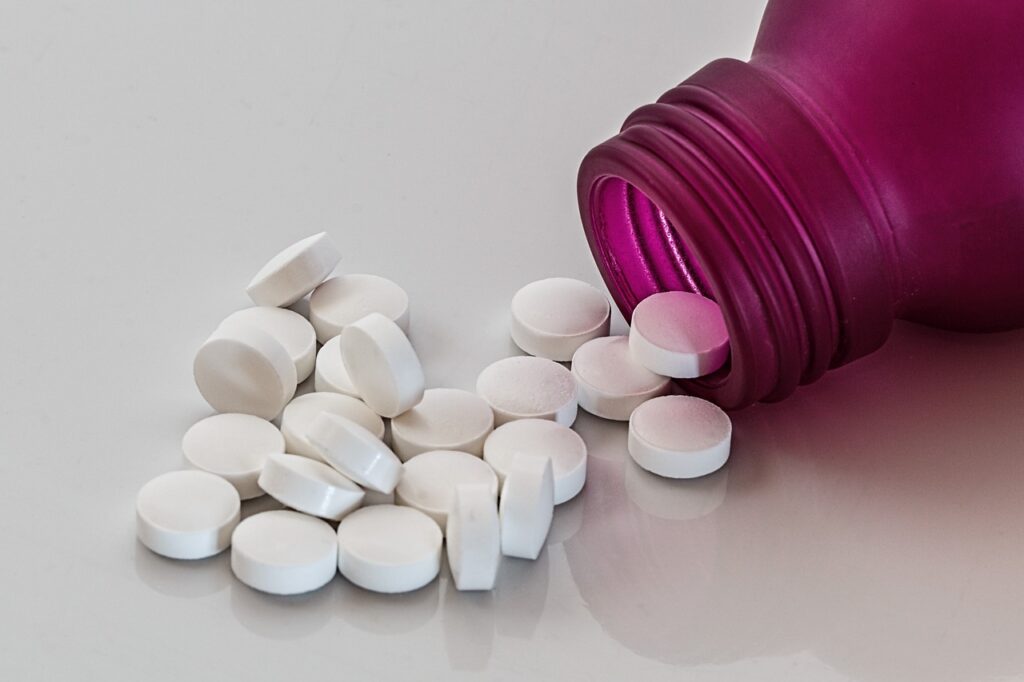Researchers from centres in Brussels, Amsterdam, Antwerp, Leuven and Duffel have joined forces to look into the use of anti-inflammatory drugs to treat depression. The project is being funded by the Fund for Scientific Research (FWO) to the tune of €1.2 million.
According to recent research, anti-inflammatories have shown some success when given to patients suffering from depression. However, the studies were on too small a scale to draw any proper conclusions – hence the start of the Flemish-Dutch project, known as INSTA-MD.
The study will recruit 240 participants, made up of two groups: 120 people who showed high levels of blood infection and 120 who did not. That is based on earlier research which showed that people with higher levels of blood infection show better results.
According to Professor Manuel Morrens of Antwerp University, some cases of depression have a psychological origin, others are the result of physical causes, and in most cases a combination of factors is present.
“If you lump different cases together, you are comparing apples with oranges,” he told the VRT. “We are focussing on a specific subtype of depression: people with elevated levels of inflammation in the blood."
Those cases represent 25-30% of depressive patients, according to studies, equivalent to 100,000 people in Flanders alone.
That situation does not require a wound to come about, said psychiatrist Dr Livia De Picker of Antwerp University and the Duffel centre. “Genetic factors certainly play a role. Infections in the womb or during early childhood can also disrupt the immune system.”
Other factors include trauma, loneliness, stress, sleeping problems, obesity, smoking, and exposure to particulate matter.
Related News
- Brussels residents less likely to consume antidepressants compared to other regions
- Rising temperatures cause extreme swings in weather patterns, experts say
- Women and those in poverty less likely to seek psychological care
Those patients with high levels of blood infection, in addition, tend to react less well to other methods, including classical anti-depressants and psychotherapy. And if infection is the cause, talk therapy is unlikely to be helpful to the patient.
The study will use two types of anti-inflammatory: celecoxib, of the same family as ibuprofen, and minocycline, an antibiotic. A third group will be given a placebo.
The study is expected to take three to four years before the treatment becomes available to patients.

